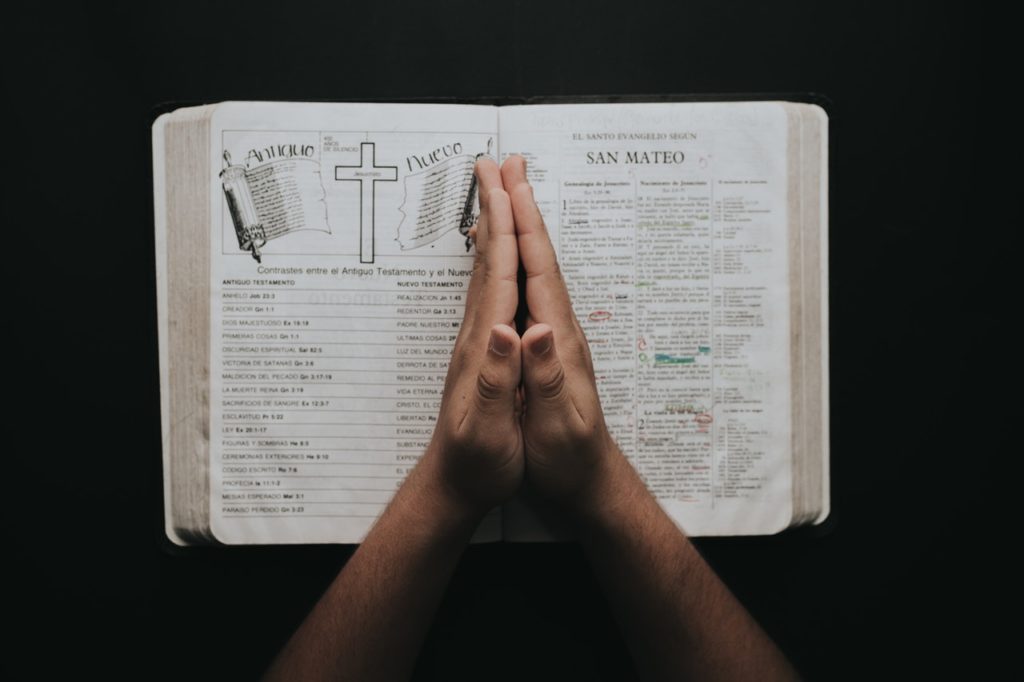Welsh councillors in the UK have defended their freedom to conduct prayers before meetings in the face of opposition from those labelling it ‘discriminatory’.
Councillor Paul Penlington called on Denbighshire Council in North Wales in the UK, to conduct prayers away from the council chamber, and has received the support of the National Secular Society.
But the Council has said it will not bow to pressure, adding that in 2012 “the vast majority” of council members said they wanted prayers to continue in their current format.
In a statement, Denbighshire Council explained why it was legally permitted to hold prayers before meetings, referencing a legal case from 2012 involving Bideford Town Council.
The council was supported by The Christian Institute’s Legal Defence Fund.
The statement said that it is unlawful for councils to force councillors to pray, but councils are within their rights to conduct prayers before meetings.
Well we’ve been here before with secularists haven’t we. Back in 2012 the High Court ruled very clearly that council prayers didn’t discriminate against atheists or breach their human rights. And in so doing established this principle that a body doesn’t have to be secular in order to comply with the quality of human rights legislation so this council is well within it’s rights to hold its prayer meeting before the start of council session and I very much hope it continues to do that.
The council was clear that its own prayers are lawful as official meetings “do not formally begin until after prayers are said”.
The Christian Institute’s In-house Solicitor Sam Webster noted:
“In 2012, the High Court ruled against the National Secular Society’s central argument that council prayers discriminated against atheists and breached their human rights.
“In doing so, it established the principle that public bodies do not need to be secular in order to comply with equality and human rights law.”
The High Court’s ruling forbade councils from holding prayers as part of the formal business of meetings, but the Government responded by introducing new laws to restore the powers in England.
To read more news on Religious Freedom on Missions Box, go here.
Source:
- Global News Alliance, Welsh Council Defies Secularists’ Attempt to Sideline Prayers
- The Christian Institute, Council Defies Secularists’ Attempt to Sideline Prayers
